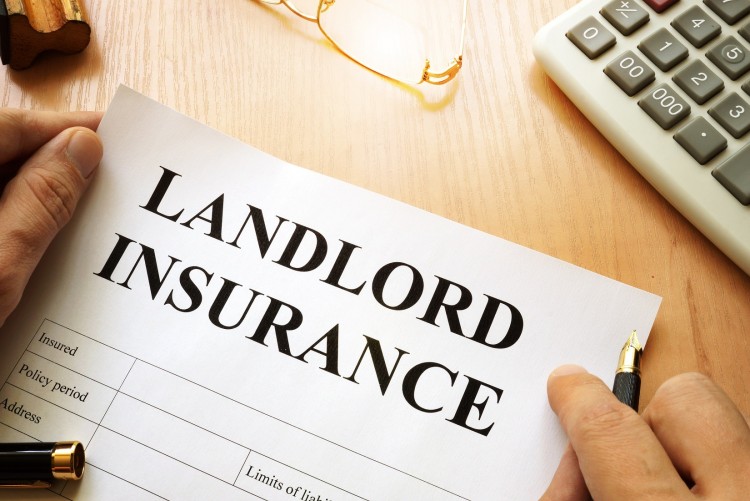
When you buy an income property, your vision is to get a return on investment more often than not. Risks associated with income properties include theft by tenants, vandalism, loss of income due to tenant defaults, and possible legal expenses.
To protect your venture from such risks, you could make use of landlord insurance. There are different types of landlord insurance, but they typically cover buildings and their contents. The insurance can also be landlord-specific, including such risks as loss of rent, tenant default, and owners’ liability.
In case you’re wondering whether you need it or not, below are some impacts it could have on your investment property’s success:
Security of Investment
Buildings tend to deteriorate with time. Deterioration could, however, be much faster if you have careless tenants. Your investment can end up seeming like a liability if it’s not well-protected. In the unfortunate event that your tenant fails to take good care of your property, landlord insurance could cover the cost of repairing your building. Depending on your premium, this insurance could even rebuild your property if there’s a need to do so.
Covers The Contents Of Your Building
The first things that usually suffer damage or loss in properties are the things inside. Traditionally, most insurers cover equipment used for the maintenance of the properties such as lawnmowers, dirt blowers, and bush trimmers. But, some landlord insurance premiums now cover the contents of buildings, including furniture and artefacts. Should such items be stolen or vandalized by tenants, these will be repaired or replaced.

Protection From Loss Of Rent
When you invest in property for income, its success comes from generating income through rentals. To ensure that this happens, you may need to do a thorough screening of potential tenants before signing the lease agreement. This sounds like it could work on paper, but in reality, even well-meaning tenants could default on rental payments. Landlord insurance can be one of the sure ways of ensuring that you don’t lose income when your tenants fail to meet their end of the deal.
Protection Against Liability
Landlord insurance has an option to cover owners’ liability. Sometimes, tenants can face personal injury or damage to their property while in your building. This could result in conflicts arising. You could fork out unbudgeted sums of money when legal claims are filed against you. Landlord insurance can give you protection from such liabilities.
But It Comes At A Cost
Although there’s no average cost for landlord insurance, you can anticipate that it’ll cost you about 20% more than you would pay for home owners’ insurance. Landlord insurance is not compulsory, but operating without it technically means that you’re running a risk. If you weigh the options, you’ll realise that the cost is marginal compared with the gain, in a disagreeable situation with your tenants.
In A Nutshell
For income properties to be a success, your investment must be safe. But, because accidents can happen, you need to be well-protected. Landlord insurance is a cover that protects property owners from risks associated with their properties. Although insurance comes at a cost, it’s worth it. Your investment property's success doesn’t entirely depend on landlord tax, but it certainly needs it.










Author
Homesgofast com
Homesgofast.com is an international real estate portal and news source for Google news. Publishing international real estate, finance, homes and travel-related news and blogs for a targeted audience since 2002. Each news item is circulated to thousands of potential readers each day and is also available to the millions of people who sign up for Google news alerts. Find homes offered for sale and to rent direct from owners and some of the best real estate agents from over 35 countries